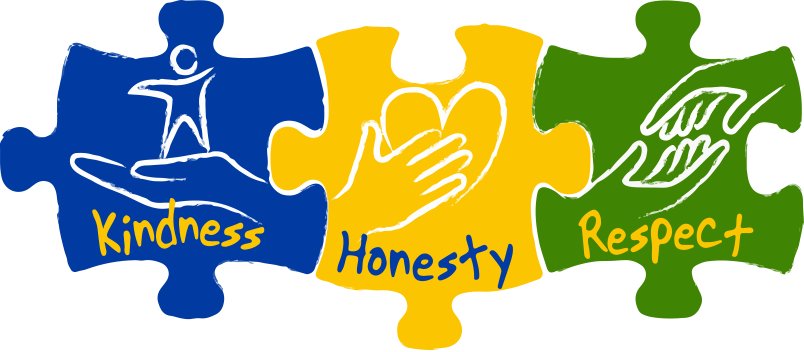Science
Science Curriculum Statement
Science at primary school is an introduction to the world of living things, materials and scientific phenomenon. Children will leave Paxcroft with a range of science skills, which will ensure they can continue to build on their solid understanding of scientific concepts throughout their lives. We promote a passion for science, which will allow children to be inspired by science in the wider world and develop a questioning approach, thus operating successfully as scientists.
Science learning is carefully mapped and builds on previous learning. It is taught in discrete units with cross curricular links made explicit. For example in Year 3 and 4, children learn about rocks in science. This is then utilised and built upon in their geography unit on volcanoes and earthquakes. The use of an enquiry based approach, including how to ask investigate and answer questions, alongside the teaching of knowledge provides rich opportunities for collaborative working and for children to show resilience as science is as much about finding out what does not work as what does! A systematic and organised way of thinking and working comes from an involvement in investigative and enquiry based work. The practical investigational work involves children choosing equipment, making predictions, testing hypotheses and drawing conclusions. These activities will lead to an increased understanding of fair testing and variables and are transferable learning skills across other subjects.
In the Foundation Stage, children will explore the world around them, describing what they see, hear and feel.
In Key Stage 1, children will learn to ask questions and suggest answers to them by making observations, performing simple tests and gathering and recording data. They will develop their knowledge of the world around them and the begin to explore some of the scientific phenomena that they experience their everyday lives.
In Key Stage 2, children will develop their scientific questioning skills, setting up practical enquiries and making systematic observations and measurements, increasing in complexity as they move through the Key Stage. They will become more confident in reporting and sharing their findings and be able to draw conclusions and relationships. They will recognise where scientific evidence has been used to support or refute ideas. Their scientific knowledge base will be broad and varied.
The overall aim is to ensure that all children within Paxcroft Primary School receive high quality science provision which is meaningful and contextualised.
